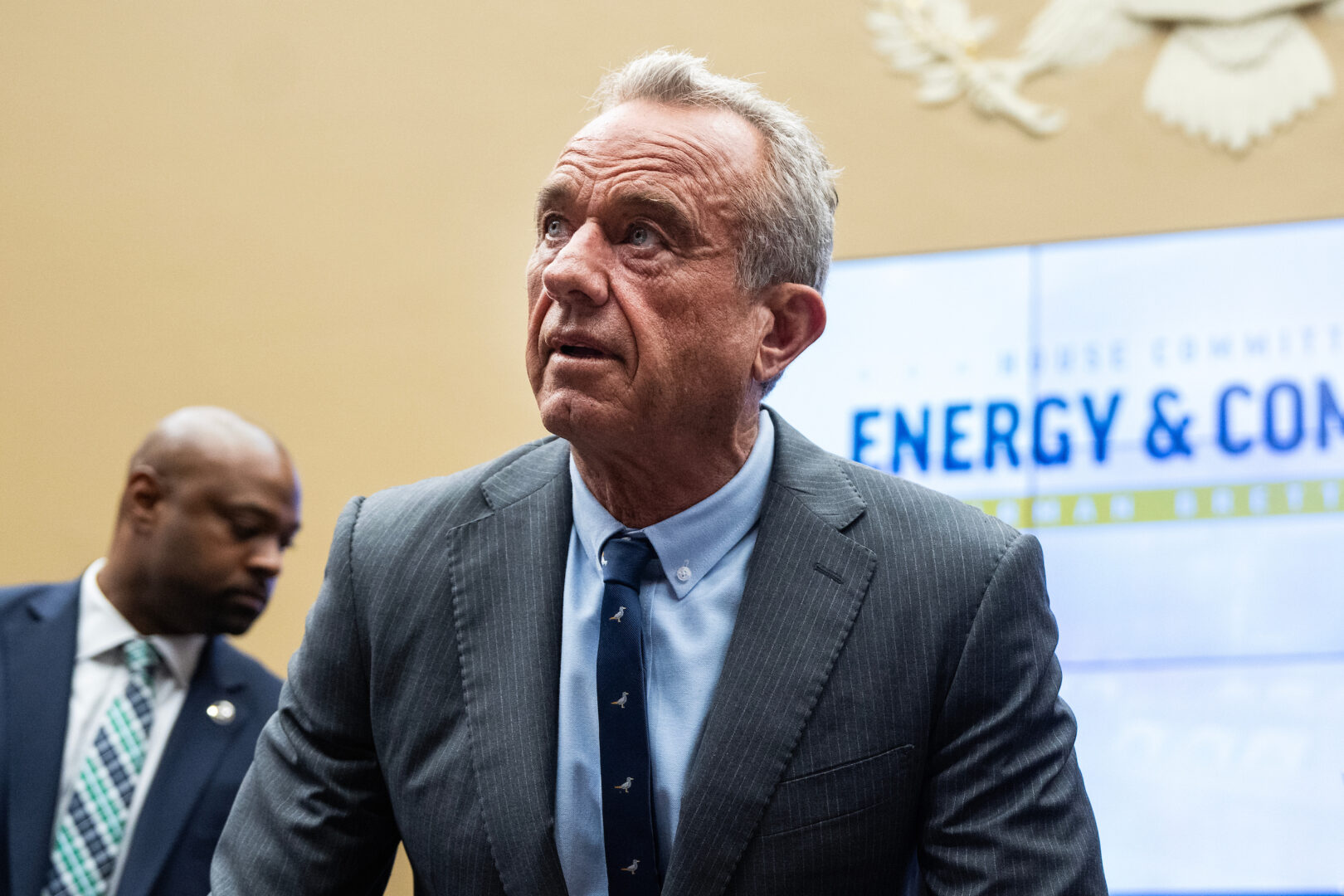Kennedy's Doubt on Mental Health Medications Reaches FDA Panel

FDA Panel Examines Antidepressants During Pregnancy Amid Controversy
The U.S. Food and Drug Administration (FDA) recently brought together a panel of experts to evaluate the use of antidepressants during pregnancy. This meeting was part of an ongoing effort to assess the potential health impacts of these medications on both mothers and their unborn children. However, the composition of the panel has raised concerns, as several members have limited or no specific expertise in pregnancy-related research.
During the two-hour discussion, panelists largely echoed statements made by Health and Human Services Secretary Robert F. Kennedy Jr., who has expressed skepticism about the effectiveness of selective serotonin reuptake inhibitors (SSRIs) and other antidepressants. They presented theories that are not supported by scientific evidence, suggesting possible links between maternal antidepressant use and conditions such as autism and fetal alcohol syndrome.
Democrats in Congress have criticized Kennedy for making claims without sufficient scientific backing. They argue that his anti-SSRI stance could be harmful, potentially deterring individuals from seeking necessary mental health care. These concerns highlight the importance of relying on evidence-based decisions when it comes to public health policies.
Research indicates that depression and anxiety are common during pregnancy, affecting between 10% and 22% of pregnant women. Approximately 6% of these women take SSRIs at some point during their pregnancy. Experts emphasize that untreated depression can lead to developmental, social, and emotional delays in children, which is why healthcare providers routinely screen for symptoms of depression during prenatal visits.
FDA Director Marty Makary acknowledged the effectiveness of antidepressants in treating mental health disorders but also called for a deeper examination of the root causes of depression. He noted that serotonin plays a critical role in fetal development and that medications interfering with this process may increase the risk of birth defects.
Makary and the panelists expressed concerns about the overprescription of SSRIs to pregnant women. Makary made a controversial comparison, stating, “The more antidepressants we prescribe, the more depression there is. The more insulin we prescribe, the more diabetes there is.” This statement sparked debate among medical professionals.
The panel included a variety of individuals with differing perspectives on antidepressants. Josef Witt-Doerring, a YouTuber known for conducting “taper clinics,” argued that SSRIs should be avoided. Roger McFillin, who has appeared on right-wing podcasts, claimed that antidepressants do not effectively treat depression. David Healy, a physician from North Wales, suggested that SSRIs may contribute to alcohol use disorder and fetal alcohol syndrome. Joanna Moncrieff, a British psychiatrist, maintained that antidepressants do not actually treat depression.
Adam Urato, a maternal-fetal medicine specialist, claimed that SSRIs could affect the fetal brain and potentially cause autism or depression. However, he did not provide supporting evidence for this assertion.
These claims have drawn significant criticism, particularly given the lack of scientific validation. President Donald Trump’s executive order establishing the Make America Healthy Again Commission aimed to assess the risks associated with various prescription drugs, including SSRIs. However, Kennedy’s assertions linking SSRIs to school shootings and heroin-like addiction have been widely disputed by the scientific community.
During Kennedy’s confirmation hearing, Senator Tina Smith, D-Minn., questioned his stance on antidepressants, noting her personal experience with depression and the benefits she received from medication. Kennedy responded that there is no scientific evidence supporting his claims, though he emphasized that some individuals struggle more with discontinuing SSRIs than with heroin.
Prominent medical organizations, such as the American College of Obstetricians and Gynecologists, advise against discouraging pregnant women from taking antidepressants. Instead, they recommend a careful evaluation of the risks and benefits. Johns Hopkins Medicine has warned that untreated mental illness during pregnancy can pose serious risks to the developing fetus, including poor prenatal care and increased engagement in harmful behaviors.
While some studies suggest a slight association between the use of paroxetine in the first trimester and heart defects, other medications like Zoloft and Lexapro are generally considered safe during pregnancy. High doses of valproic acid and tranquilizers such as diazepam should be avoided.
One panelist, Kay Roussos-Ross, director of the perinatal mood disorder program at the University of Florida College of Medicine, emphasized the importance of shared decision-making between patients and healthcare providers. She highlighted the risks of untreated anxiety and depression during pregnancy and stressed that treating mental illness is a necessity, not a luxury.
In conclusion, the FDA’s panel has brought attention to the complex issue of antidepressant use during pregnancy. While concerns about potential risks exist, the overwhelming consensus among medical professionals is that treating mental health conditions is essential for the well-being of both mothers and their children.
Post a Comment for "Kennedy's Doubt on Mental Health Medications Reaches FDA Panel"
Post a Comment